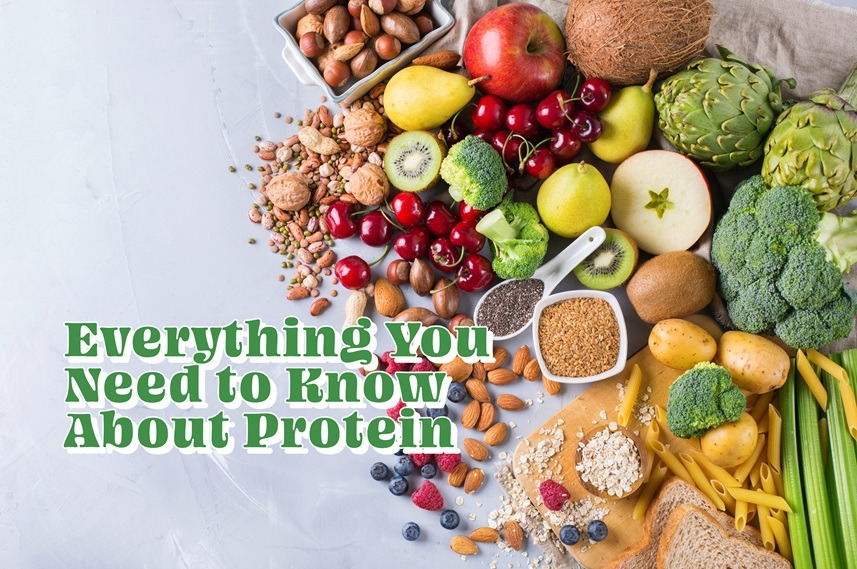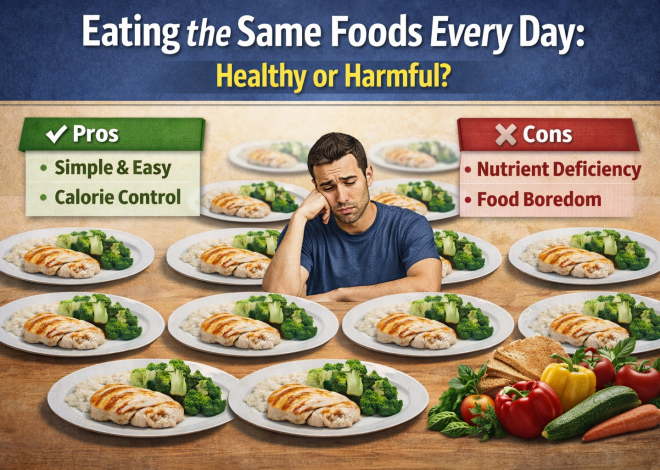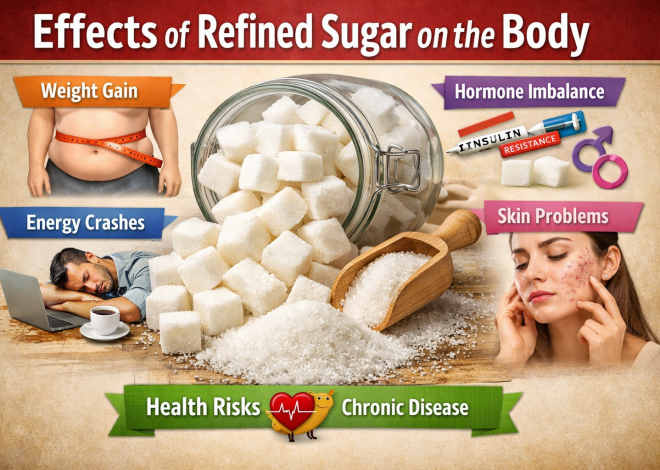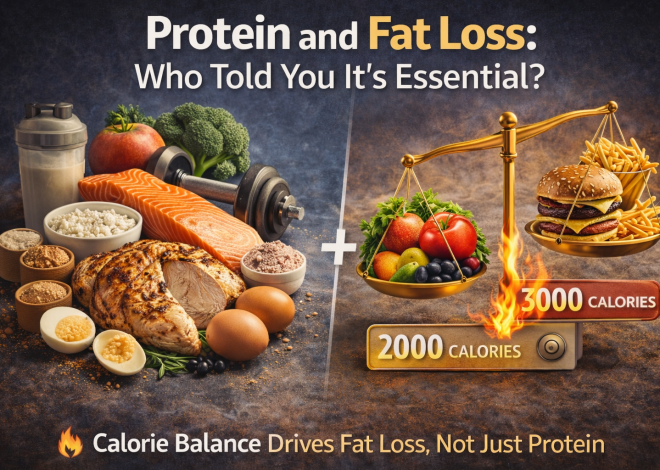
Everything You Need to Know About Protein Nutrition
Protein is one of the most essential nutrients your body needs to build muscle, repair tissues, and stay strong. However, how much do you really know about it?
In this guide, we’ll explore everything you need to know about protein, including its types, the best food sources, and whether too much protein can be harmful. So, let’s dive in!
Everything You Need to Know About Protein and Its Role in the Body
Protein is a macronutrient made up of amino acids, which serve as the building blocks of your body. In fact, it plays a crucial role in many vital functions, such as:
💪 Muscle growth and repair
✔️ Enzyme and hormone production
🤸♂️ Strengthening the immune system
✔️ Supporting healthy hair, skin, and nails
Unlike carbs and fats, your body doesn’t store protein for later use. Therefore, you must consume it daily through food sources.
Understanding Simple vs. Complex Proteins: What You Need to Know
Not all proteins are created equal. In general, there are two main types:
1. Simple Proteins (Incomplete Proteins)
- Found in plant-based sources such as beans, nuts, and grains.
- Lack one or more essential amino acids.
- Great for a balanced diet, but they should be combined with other protein sources for optimal nutrition.
2. Complex Proteins (Complete Proteins)
- Found in animal products and some plant sources.
- Contain all nine essential amino acids that your body cannot produce on its own.
- Best for muscle growth and recovery, making them ideal for athletes and active individuals.
Examples of Complete Proteins:
🐟 Meat, fish, and eggs
🫙 Dairy products (milk, cheese, yogurt)
🌿 Quinoa, soy, and chia seeds (plant-based complete proteins)
Everything You Need to Know About the Best Protein-Rich Foods
If you want to boost your protein intake, here are some of the best natural sources:
Animal-Based Proteins
🍗 Chicken breast – High in protein yet low in fat
🥚 Eggs – A perfect complete protein and highly versatile
🍣 Salmon – Packed with protein as well as healthy omega-3s
🥣 Greek yogurt – High in protein and also rich in probiotics
Plant-Based Proteins
✅ Lentils and beans – Great for vegetarians because they are packed with fiber and protein
✅ Quinoa – A rare plant-based complete protein that also provides essential minerals
🌰 Nuts and seeds – Perfect for snacking, plus they offer healthy fats
✅ Tofu and tempeh – Excellent vegan protein sources that are highly adaptable in recipes
Can You Have Too Much Protein? Here’s What You Need to Know
While protein is essential, consuming too much can lead to potential downsides. Here are some key risks to consider:
🩺Kidney strain – This is mainly a concern for those with pre-existing kidney issues.
🤢Digestive problems – Overconsumption may cause bloating, constipation, or discomfort.
📈Excess calorie intake – Eating too much protein, especially from high-calorie sources, can lead to weight gain.
How Much Protein Do You Need?
Your protein intake should depend on your activity level. For instance:
- Average person: 0.8g per kg of body weight
- Active individuals & athletes: 1.2–2.2g per kg of body weight
💡 Tip: Balance is key! Instead of over-relying on protein powders or supplements, try to get your protein from a variety of whole food sources.
Final Thoughts: Everything You Need to Know About Protein Balance
Protein is the foundation of a strong and healthy body. However, both quality and quantity matter.
✅ Choose a mix of animal and plant-based proteins to ensure a well-rounded diet.
✅ Avoid excessive protein intake—after all, more isn’t always better.
🚰 Stay hydrated and combine protein with a balanced diet for the best results.
Are you getting enough protein in your diet? If not, now is the perfect time to start making smarter choices!



